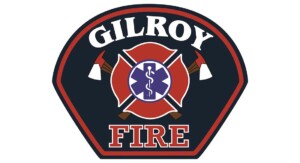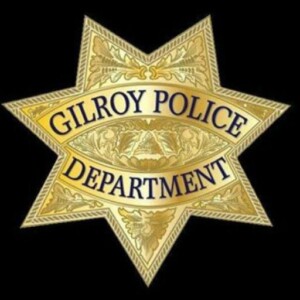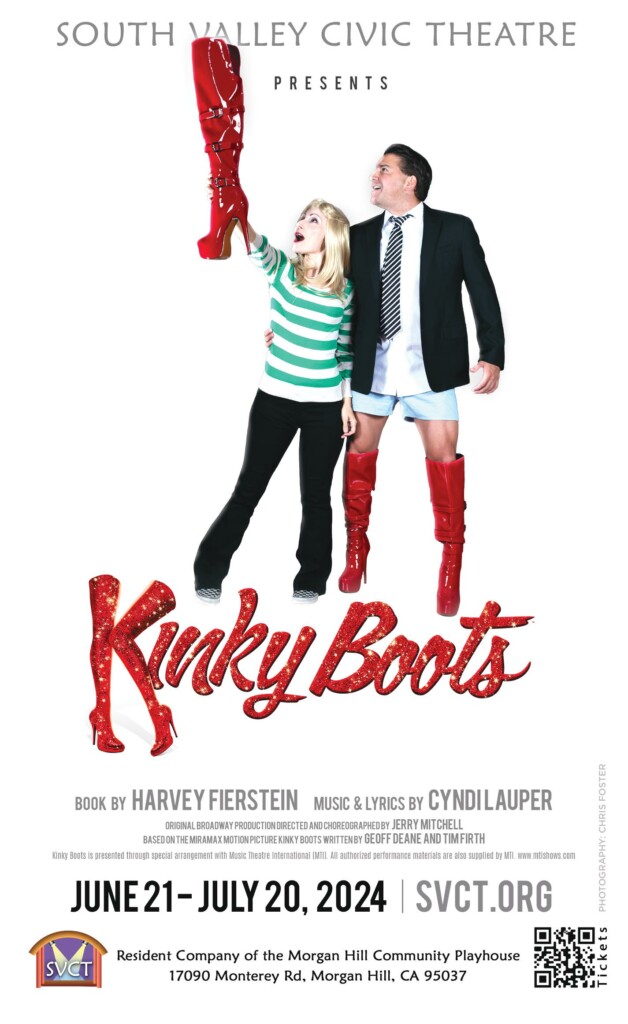Gilroy City Council will weigh sales tax measure on Nov. 5 ballot to fund police, fire
Quarter-percent increase may be on Nov. 5 ballots
![]()


By Calvin Nuttall
In an effort to address lagging public safety funding, the Gilroy City Council will consider an increase of 0.25 percent to the city’s sales tax that would provide dedicated funding for police and fire services. If approved later this month, it will go on the Nov. 5 ballot.
In order to ensure the revenue from the tax is spent solely on public safety and is not added to the general fund, it requires a special approval process which would need 75 percent of voters to vote in favor. If successful, the measure would generate between $4 and $5 million annually, according to city staff.
 “Staffing for all city departments, including non-public safety, has been a challenge, and we have not returned to pre-pandemic levels,” said City Administrator Jimmy Forbis at the April 8 city council meeting. “We have been able to grow our staff back, but we have not done it at an amount proportional to our population or our housing growth. Our community is continuing to want more services from us, and it is very difficult to provide.”
“Staffing for all city departments, including non-public safety, has been a challenge, and we have not returned to pre-pandemic levels,” said City Administrator Jimmy Forbis at the April 8 city council meeting. “We have been able to grow our staff back, but we have not done it at an amount proportional to our population or our housing growth. Our community is continuing to want more services from us, and it is very difficult to provide.”
Police and fire receive the largest expenditure from the general fund. The city has discretion regarding how the general fund is allocated, but as a general rule, the majority goes toward police and fire, roughly $47 million of a total budget of $73 million.
“Our population is growing, and none of it comes with more money to pay for city services,” said Mayor Marie Blankley. “Housing does not come with money. Yes, there is a little bit of property tax, but we pay it to the county and it goes to the state. Cities get back a minuscule percentage. That does not pay for city services, but sales tax does.”
 Blankley also argues a sales tax places less of a financial burden on Gilroyans than other forms of revenue generation, such as property bonds, as some studies have shown roughly half of the money that comes in through a sales tax is paid by visitors to the city, the other half by residents.
Blankley also argues a sales tax places less of a financial burden on Gilroyans than other forms of revenue generation, such as property bonds, as some studies have shown roughly half of the money that comes in through a sales tax is paid by visitors to the city, the other half by residents.
According to the Gilroy Police Officers Association, the Gilroy Police Department has maintained the same minimum patrol staffing levels since the 1980s, when the population was about 25,000 people. Since then, the city population has nearly tripled.
“Our goal is to catch up with the growth,” said GPOA President Andrew Lopez in a statement. “If the sales tax proposal succeeds, we hope to implement the four-beat system, increase staffing, continue investing in technology, and potentially establish substations. We believe this is the appropriate way to generate revenue with as little financial impact as possible on our citizens.”
This is not the first time Gilroy has attempted to implement a sales tax increase to shore up lagging public safety dollars. In 2014, the city put forward Measure F, with the same 0.25 percent increase. When polling showed it would not pass with the 75 percent needed, the city changed it to a general tax, which requires a 50 percent vote. The measure still failed.
“The only other option we have been made aware of is to go into the city’s reserves,” Lopez said. “However, they are not intended for these purposes. They are there for times of emergency. All we are attempting to do is match the growth of the city, which is why we feel this is the most appropriate option.”
Greg Bozzo, a candidate for Gilroy mayor whose name might be on the same ballot as the sales tax measure, said he opposes a tax increase that does not have an end date.
“As a business operator for over 30 years, I’m opposed to any tax increase unless we fully exhaust all revenue sources and inefficiencies first,” he said in an email. “This tax increase is an unfortunate reaction to the city of Gilroy’s very inconsistent economic development plan. At this point, however, since public safety has been so underfunded for so long, a tax would need to be conditioned with a sunset date of three to five years, a sustainable, public-safety funding plan in place for when the tax period is over, and a community task force oversight committee to make sure these funds are spent correctly.”
City staff are still hammering out the details of this tax measure. They have proposed the creation of an oversight committee to ensure the public safety tax dollars are spent only on their intended purpose. A planned community meeting June 10 will give the public an opportunity to weigh in on the proposed measure before it is brought before the city council for final approval.
Calvin Nuttall is a Morgan Hill-based freelance reporter and columnist.
